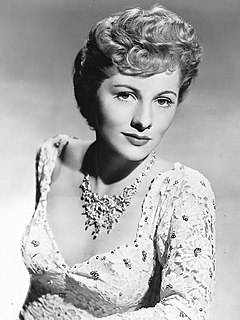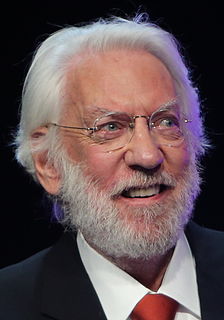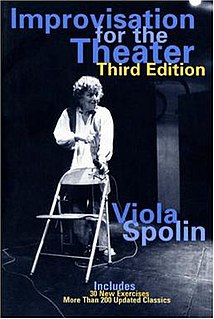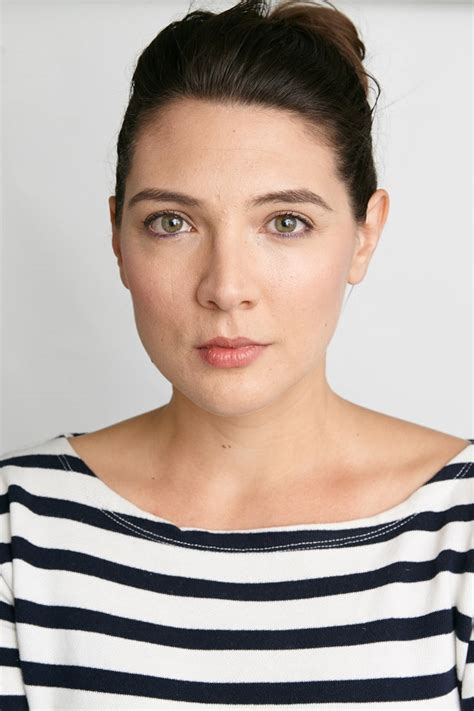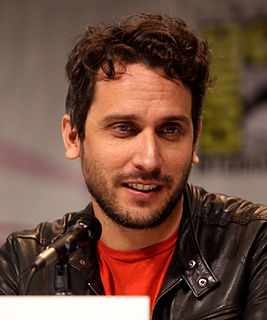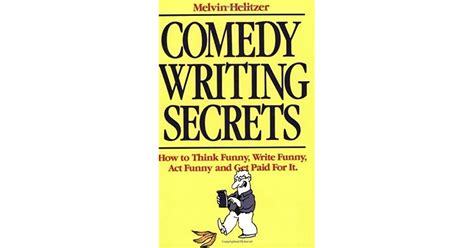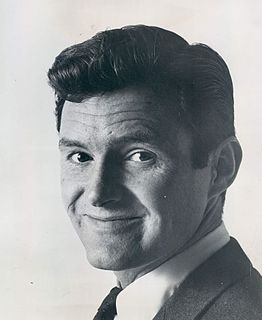A Quote by Joan Fontaine
The theater audience is the ultimate teacher, instructing the actor on the degree to which he has executed both the author's and the director's intent.
Related Quotes
I come from Nova Scotia, and I'd never seen a theater or been inside of a theater. When I was 17, my dad asked me what I wanted to do, and I said I thought I would like to be an actor. I didn't have any idea what it was to be an actor. None. I'd wanted to be either an actor or a sculptor, which are both essentially the same thing. That's how it all started for me.
I love the variety of films. In theater, you go into a room and the director runs the room, so you all work to his or her method. On film, if an actor or an actress is in for a day or two, the director has to get out of that actor what they need, so they have to change and adapt to that actor's technique.
I love watching audiences scream. I imagine it's the same joy that a director feels who has made a comedy when he or she is sitting at the back of a theater listening to the audience laugh. That sound of laughter is so sweet to a comedy director and that's exactly how a horror film feels when you hear the audience scream.
To be an actor is to be ambiguous in every form, which is a very hard way to live. You represent desire: the desire of the director and the desire of the audience, even if it's a subconscious desire. If a director is to work with you for two months, he must be in love with you in some way or another.
